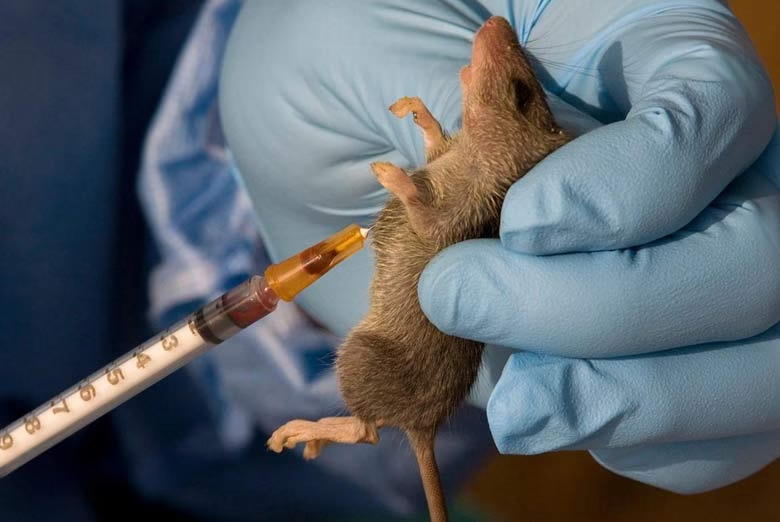The Nigeria Centre for Disease Control and Prevention (NCDC) has pinpointed Ondo, Bauchi, and Edo states as the primary locations for the ongoing Lassa fever outbreak in the nation.
During a press briefing on Wednesday in Abuja, Dr. Jide Idris, the Director-General of NCDC, reported that these states represent over 70 percent of all confirmed cases documented thus far in 2025.
Lassa fever is a viral hemorrhagic illness primarily spread through contact with the urine or feces of infected rodents. It can also be transmitted between individuals via bodily fluids, contaminated items, or medical equipment that has been exposed to the virus.
Common symptoms include fever, sore throat, headache, vomiting, muscle aches, and in severe instances, bleeding from various body openings.
Dr. Idris noted that these three states accounted for 71 percent of the 660 confirmed Lassa fever cases reported from January to the end of March 2025, with Ondo contributing 30 percent, Bauchi 25 percent, and Edo 16 percent.
The Director-General emphasized that the NCDC has ramped up a comprehensive nationwide response through its activated Incident Management System to effectively coordinate the public health emergency across the affected states.
“As cases rise in these epicenter states, our efforts are concentrated on early detection, effective case management, risk communication, and community involvement.
“Transmission remains active in numerous local government areas, with 28 states and 125 LGAs impacted this year.”
Dr. Idris also mentioned that there have been 122 reported deaths, leading to a case fatality rate of 18.5 percent, which is higher than the 17.5 percent recorded during the same timeframe in 2024.
To mitigate the spread, he stated that the NCDC has dispatched National Rapid Response Teams to high-risk areas, provided training for healthcare workers on infection prevention and control, and enhanced community awareness initiatives.
